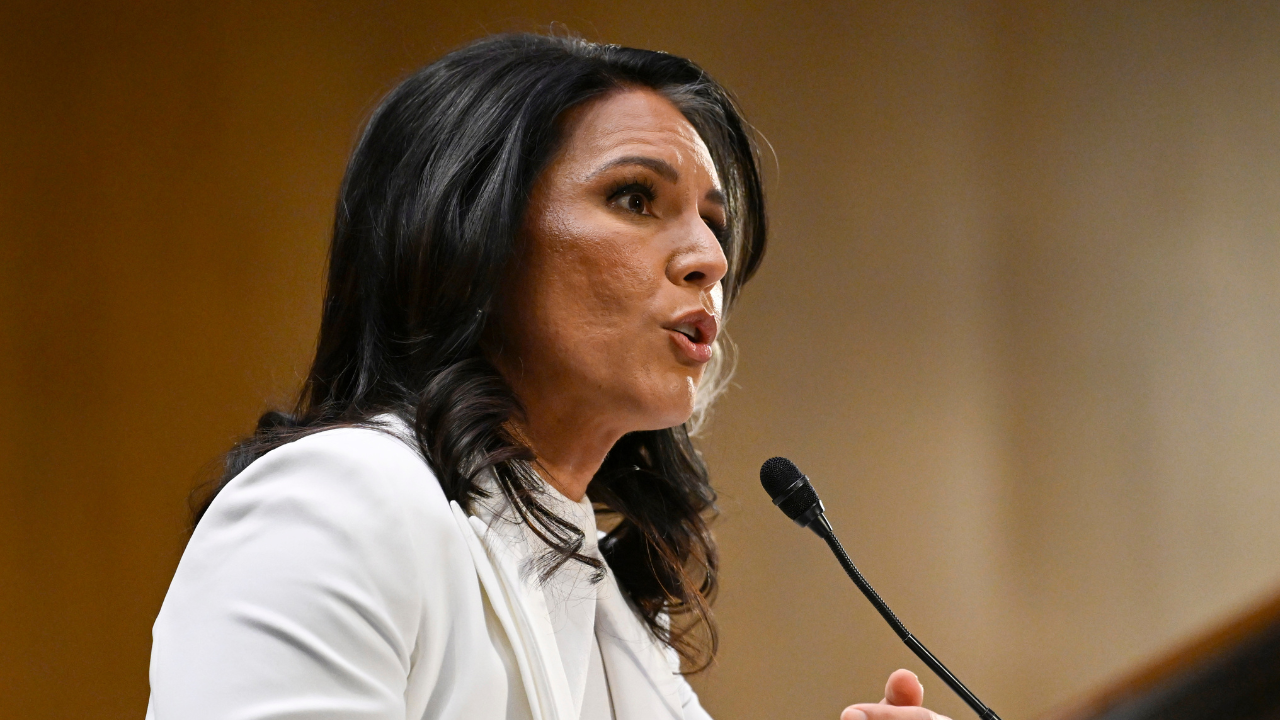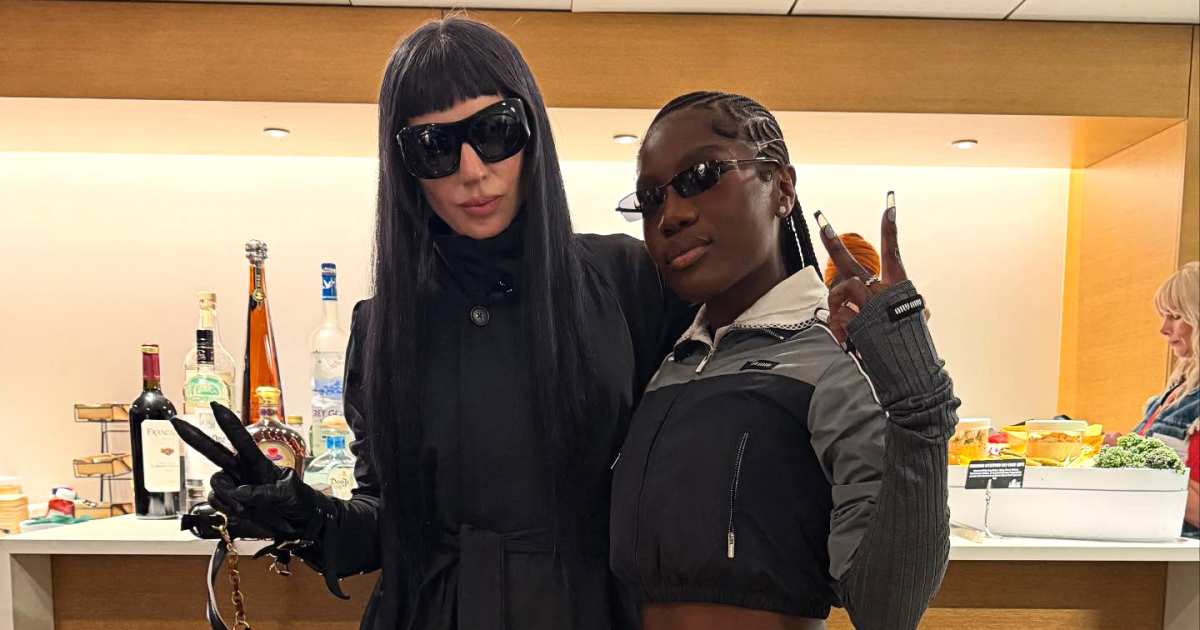Politics
Tulsi Gabbard faces next test in confirmation battle with key Senate hurdle

Tulsi Gabbard’s Senate Showdown: A High-Stakes Vote for National Intelligence Director
The Road to Confirmation: A Critical Cloture Vote
On Monday night, former Democratic congresswoman Tulsi Gabbard will face one of the most critical tests of her political career as she seeks confirmation as the next Director of National Intelligence (DNI). President Donald Trump’s nominee is set to undergo a cloture vote at 5:30 p.m., a procedural hurdle that requires her to secure more than 50 votes in the Senate to advance to a final confirmation vote. This step is far from a formality, especially given the contentious nature of her nomination. If the cloture motion passes, the Senate will move into a 30-hour debate period, during which lawmakers will have the opportunity to discuss her qualifications, policies, and suitability for the role. However, given the divisiveness surrounding Gabbard’s candidacy and ongoing tensions related to the Department of Government Efficiency (DOGE) audit, a time-saving "time agreement" between Democrats and Republicans is unlikely. This means the full 30-hour debate could play out, delaying the final confirmation vote until at least Wednesday.
A Narrow Path to Confirmation
Gabbard’s journey to this point has been anything but smooth. Despite her controversial reputation, she managed to clear a major hurdle last week by winning the support of the Senate Select Committee on Intelligence. The backing of key Republican senators, such as Susan Collins of Maine and Todd Young of Indiana, proved pivotal in advancing her nomination. However, the real challenge lies ahead. In the full Senate, Gabbard can only afford to lose three Republican votes if no Democrats support her, as was the case in the committee. This narrow margin underscores the delicate balance of power in the Senate and the intense lobbying efforts undertaken by her supporters.
The Republican Strategy: Securing Crucial Votes
The success of Gabbard’s nomination can be attributed in part to the tireless efforts of Senate Intelligence Committee Chair Tom Cotton and Vice President JD Vance. Both worked around the clock to secure Republican support, engaging in intense conversations with committee members to address concerns and build consensus. Their efforts paid off, as Gabbard’s nomination cleared the committee stage, setting the stage for her upcoming Senate vote. The White House appears confident in her chances, as evidenced by Vance’s current trip to Europe for meetings and events—a move that would have been highly unusual if Republicans anticipated needing his tie-breaking vote in the Senate.
The Role of Key Senators: A Tale of Two Votes
Gabbard’s chances of confirmation have been bolstered by the support of Senator Susan Collins, a moderate Republican whose backing could prove decisive. Collins’ endorsement is particularly significant, as she was one of three Republican senators who opposed Trump’s previous nominee for Defense Secretary, Pete Hegseth. This time around, Collins has thrown her weight behind Gabbard, giving the nominee a crucial advantage. However, Gabbard’s path to confirmation is still fraught with uncertainty, as she faces skepticism from many Democrats and some Republicans who question her suitability for the DNI role.
**The Senate’s
-

 Money3 days ago
Money3 days agoConsumer Financial Protection Bureau Adds Error Message To Home Page
-

 Money2 days ago
Money2 days agoWinning Content Strategies For Wealth Managers
-

 Australia1 day ago
Australia1 day agoTropical Cyclone Zelia intensifies to category 2 storm
-

 Asia1 day ago
Asia1 day agoWhat you need to know about 2024 YR4, the asteroid that could hit Earth in about eight years’ time
-

 Entertainment18 hours ago
Entertainment18 hours agoPrince Harry and Meghan Markle’s Best Moments and Photos From the 2025 Invictus Games
-

 Australia12 hours ago
Australia12 hours agoTropical Cyclone Zelia intensifies to category five system off Pilbara coast
-

 Politics1 day ago
Politics1 day agoDozens of religious groups sue to stop Trump admin from arresting migrants in places of worship
-

 Entertainment3 days ago
Entertainment3 days agoEvery Celebrity Who Attended the 2025 Super Bowl: A Guide to the A-Listers at the Big Game











